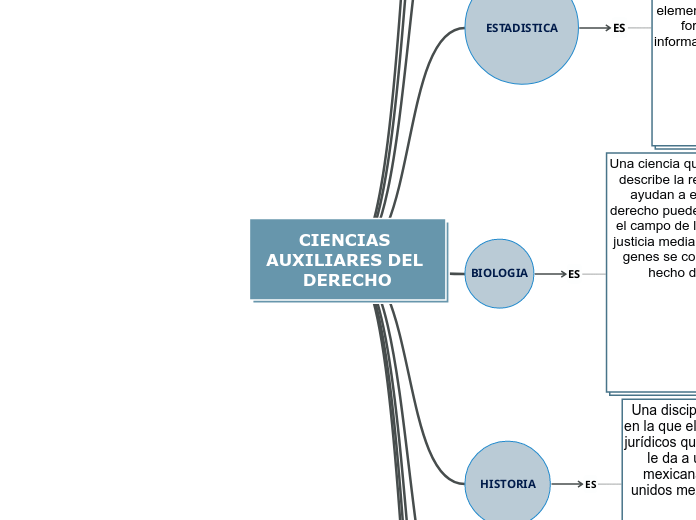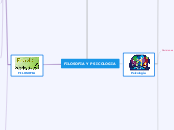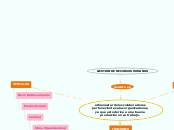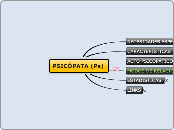Alfred Adler
Type in the name of the multiple-perspectives text.
Example: Bridge to Terabithia by Katherine Paterson
Nació el 7 de febrero de 1870 en Rudolfsheim. Impartió clases en la Columbia Univertitu
y la New School for Social Research. Decía que las personas nacen con cuerpos débiles,
inferiores, una condición que provoca sentimientos de inferioridad y depdencia de los demás.
Identify an important issue from the text that is being presented from different angles. Type it in.
Example: Jesse's drawing talent.
Tendencias
Decide on the fourth point of view
Type in the name of the last character whose perspective on the issue you are going to present.
Example: Leslie Burke, Jesse's new next-door neighbor, and best friend.
protectoras
Point of view
Type in a relevant quote that highlights the character's point of view. Try to follow a citation format: author's name, chapter, and page.
Example: I can't get the poetry of the trees,' he said. She nodded. Don't worry,' she said. You will someday. He believed her.' (Paterson, 4. 24)
Permiten a los
individuos ocultar
la imagen
desmesurada que
tienen de sí mismos y mantener
su estilo de vida
habitual.
How is the viewpoint introduced in the story?
Choose an answer:
First person point of view - using the personal pronouns 'I' or 'we'Second person point of view - using the personal pronoun 'you'Third person point of view - using the third-person pronouns 'he', 'she' and 'they'Omniscient point of view - an all-seeing observer tells the story
Distanciamiento:
el deesarrollo de la
personalidad
puede detenerse
cuando las
personas huyen de
las dificultades.
Agresividad:
algunas personas
la emplean para
proteger su
complejo de
superioridad.
Excusas: la más
común de las
tendencias.
Aplicación de la
Psicología
Individual
Whose character does the third point of view belong to?
Type in his/her name.
Example: Mr. Aarons, Jesse's father.
Primeros
recuerdos: son
siempre
coherentes con el
estilo de vida
actual de las
personas.
psicoterapia
Psicoterapia: el
objetivo de esta es
reforzar el valor,
reducir los
sentimientos de
inferioridad y
estimular el interés
social.
Constelación
familiar: es el
orden de
nacimiento, el
género de sus
hermanos y la
diferencia de edad
entre ellos.
What does the character think, say or do that suggests their perspective on the issue?
Type in a quote and try to maintain the citation format.
Example: 'He would like to show his drawings to his dad, but he didn't dare. (...) He'd thought his dad would be pleased. He wasn't. What are they teaching in that damn school? he had asked.' (Paterson, 2.8)
Sueños: la mayoría de los
sueños con
autoengaños.
What kind of narration introduces the viewpoint?
Choose an answer:
First person point of view - using the personal pronouns 'I' or 'we'Second person point of view - using the personal pronoun 'you'Third person point of view - using the third-person pronouns 'he', 'she' and 'they'Omniscient point of view - an all-seeing observer tells the story
Desarrollo
Decide on the second point of view
Name the character (it can either be the main character or one of the supporting characters) whose point of view you are presenting.
Example: Miss Edmunds, Jesse's music teacher.
Anormal
Type in a quote that points out the character's position about the issue.
Try to follow a citation format: author's name, chapter, and page.
Example: 'She said he was unusually talented, and she hoped he wouldn't let anything discourage him.' (Paterson, 2. 8)
Las personas se
convierten en
fracasos vivientres
porque están
demasiado
interesadas en sí mismas y se
preocupan poco
por los demás.
How is the viewpoint introduced in the story?
Choose an answer:
First person point of viewSecond person point of viewThird person point of viewOmniscient point of view
Principios de la
psicología
Decide on the first point of view you are going to present.
Type in the name of the character (it can either be the main character or one of the supporting characters) whose point of view belongs to.
Example: Jesse Oliver Aarons, Jr., the main character of the novel, a fifth-grader living in a rural Southern area.
individual
Type in a relevant quote that highlights the character's point of view towards
Nació el 7 de febrero de 1870 en Rudolfsheim. Impartió clases en la Columbia Univertitu
y la New School for Social Research. Decía que las personas nacen con cuerpos débiles,
inferiores, una condición que provoca sentimientos de inferioridad y depdencia de los demás..
Try following a citation format: author's name, chapter, and page.
Example: 'Jesse drew the way some people drank whiskey. (...) Lord, he loved to draw. (...) When he was in first grade, he told his father that he wanted to be an artist when he grew up.' (Paterson, 2. 7)
1. La única fuerza
dinámica que
subyace al
comportamiento de
las personas es la
lucha por el éxito
What type of narration introduces the viewpoint?
Choose an answer:
First person point of view - using the personal pronouns 'I' or 'we'Second person point of view - using the personal pronoun 'you'Third person point of view - using the third-person pronouns 'he', 'she' and 'they'Omniscient point of view - an all-seeing observer tells the story
6. El estilo de vida
es determinado por
la capacidad
creativa de las
perosnas.
5. La estructura de la personalidad
coherente consigo misma evoluciona
hasta convertirse en
el estilo de vida de
una persona.
4. El valor de toda
actividad humana
se debe considerar
bajo las
perspectivas del
interés social
3. La personalidad
forma una unidad
y es coherente
consigo mismo.
2. Las
percepciones
subjetivas de las personas moldean su comportamiento
y personalidad









